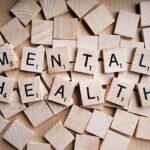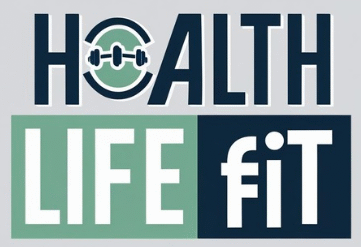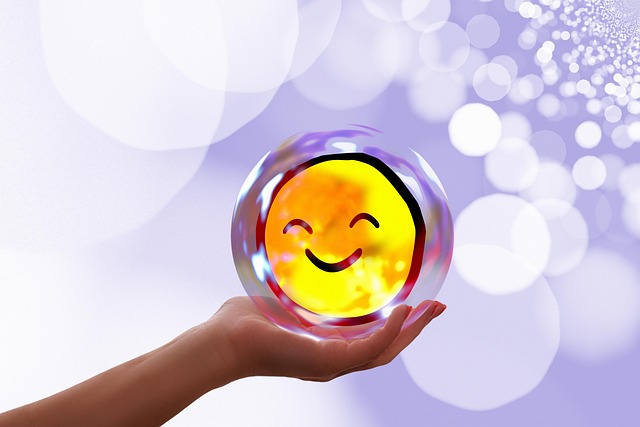
Introduction
Mental health is just as important as physical health, yet it often receives less attention. Just as we learn Cardiopulmonary resuscitation also known as CPR to help someone in a physical emergency, Mental Health First Aid (MHFA) teaches us how to assist someone experiencing a mental health crisis.
With rising rates of anxiety, depression, and other mental health conditions, knowing how to provide initial support can make a life-changing difference. This article explores:
What is Mental Health First Aid
Why it’s important
Common mental health crises and how to respond
The ALGEE action plan (a key MHFA framework)
How to Become a Mental Health First Aider
Breaking the stigma around mental health
By the end, you’ll understand why MHFA is a crucial skill for workplaces, schools, and communities.
What is Mental Health First Aid?
Mental Health First Aid is help to someone for developing a mental health problem or experiencing a crisis until professional treatment is available. It does not replace therapy or medical care but provides immediate, practical support to prevent the situation from worsening.
Key Principles of Mental Health First Aid:
Recognize the signs of mental health struggles.
Listen non-judgmentally and offer reassurance.
Give initial support and guide the person toward professional help.
Encourage self-care and recovery strategies.
Why is Mental Health First Aid Important?
Rising Mental Health Concerns
1 in 5 adults experiences mental illness each year (NAMI).
Suicide is a leading cause of death worldwide (WHO).
Many people suffer in silence due to stigma.
Early Intervention Saves Lives
Just like physical first aid, early support can prevent crises such as self-harm, severe panic attacks, or psychotic episodes.
Creates a Supportive Community
Mental Health First Aid training helps families, co-workers, teachers, and friends recognize when someone is struggling and respond suitably.
Reduces Stigma
Open conversations about mental health make it easier for people to seek help.
Common Mental Health Crises & How to Respond
Panic Attacks
Signs:
Rapid breathing, sweating, trembling.
Feeling unsteady or detached from reality.
Fear of losing control.
How to Help:
Stay calm and comfort them.
Guide them to slow, deep breathing.
Move to a quiet space if possible.
Suicidal Thoughts or Self-Harm
Signs:
Talking about death or feeling hopeless.
Withdrawing from loved ones.
Giving away habitations.
How to Help:
Ask directly: “Are you thinking about suicide?”
Listen without judgment.
Remove any immediate dangers (e.g., medications, sharp objects).
Connect them with a crisis hotline or mental health professional.
Psychotic Episodes (Hallucinations/Misconceptions)
Signs:
Hearing or seeing things that aren’t there.
Paranoia or irrational beliefs.
Disorganized speech.
How to Help:
Stay calm and avoid arguing.
Speak gently and clearly.
Encourage professional help (e.g., a psychiatrist).
Severe Depression
Signs:
Persistent sadness or hopelessness.
Loss of interest in activities.
Changes in sleep or need.
How to Help:
Offer emotional support: “I’m here for you.”
Encourage small, positive steps (e.g., short walks).
Help them find a therapist or support group.
The ALGEE Action Plan: A Mental Health First Aid Framework

Mental Health First Aid uses a simple 5-step action plan called ALGEE:
A. Assess for Risk of Harm
Check if the person is in immediate danger (e.g., suicidal thoughts).
L. Listen Non-Judgmentally
Let them express their feelings without interruption.
Avoid phrases like “Just cheer up” or “It’s not that bad.”
G. Give Comfort & Information
Offer hope: “You’re not alone; help is available.”
Share resources (e.g., crisis hotlines, therapists).
E. Encourage Professional Help
Suggest therapy, counseling, or a doctor’s visit.
Offer to help them make an appointment.
E. Encourage Self-Help & Support Strategies
Recommend healthy habits (sleep, exercise, mindfulness).
Encourage connections with friends or join a support group.
How to Become a Mental Health First Aider
Take a Mental Health First Aid Course
Many organizations offer certified Mental Health First Aid training (in-person or online).
Courses cover depression, anxiety, psychosis, substance abuse, and suicide prevention.
Practice Active Listening
Avoid giving unsolicited advice.
Show kindness: “That sounds tough.”
Know Local Mental Health Resources
Crisis hotlines (e.g., 988 Suicide & Crisis Lifeline in the U.S.)
Therapists, psychiatrists, and community mental health centers.
Advocate for Mental Health Awareness
Share resources on social media.
Encourage workplaces and schools to offer MHFA training.
Breaking the Stigma Around Mental Health
Despite progress, many still fear judgment for seeking help. Here’s how we can change that:
Talk openly about mental health (just like physical health).
Share personal stories to normalize struggles.
Educate others on myths (e.g., “Depression is just laziness”).
Support mental health policies in workplaces and schools.
Conclusion
Mental Health First Aid is a critical skill that empowers us to support those in pain. By recognizing warning signs, offering sympathetic listening, and guiding people to professional help, we can save lives and build healthier communities.
Whether at home, work, or school, MHFA training makes a difference. Will you be the one to step up when someone needs help?

